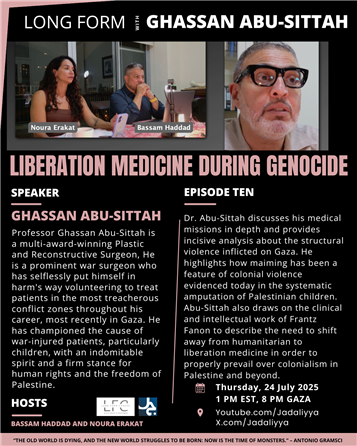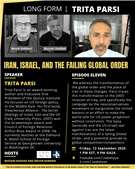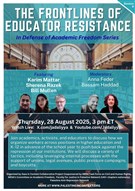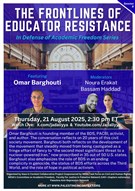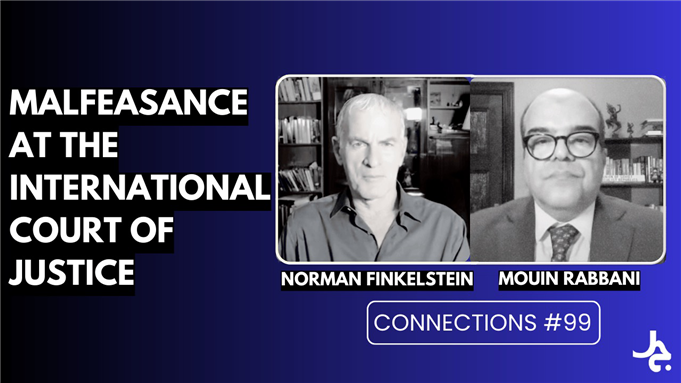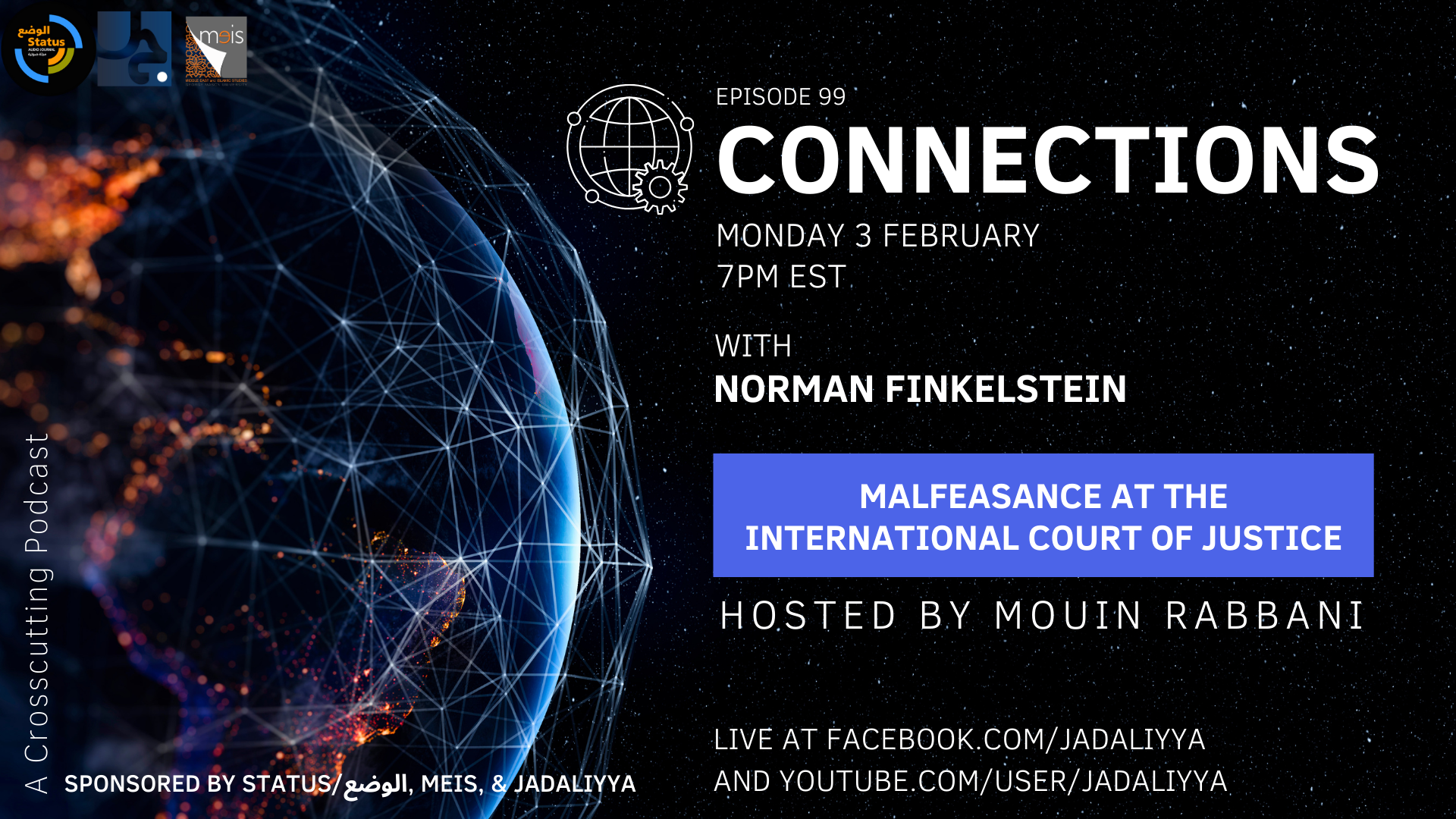Long Form Podcast: Episode 10
Liberation Medicine During Genocide
Featuring:
Ghassan Abu-Sittah
Hosts:
Bassam Haddad
Noura Erakat
Thursday, 24 June, 2025
1:00 PM EST | 8:00 PM Gaza
Dr. Abu-Sittah discusses his medical missions in depth and provides incisive analysis about the structural violence inflicted on Gaza. He highlights how maiming has been a feature of colonial violence evidenced today in the systematic amputation of Palestinian children. Abu-Sittah also draws on the clinical and intellectual work of Frantz Fanon to describe the need to shift away from humanitarian to liberation medicine in order to properly prevail over colonialism in Palestine and beyond.
Long Form consists of a series of lengthy discussions and conversations with leading thinkers, scholars, and activists that explores the most pressing issues of our day, sheds light on their context and dynamics, and in so doing seeks to explore the broader theme of challenges to the global order and how these might affect it.
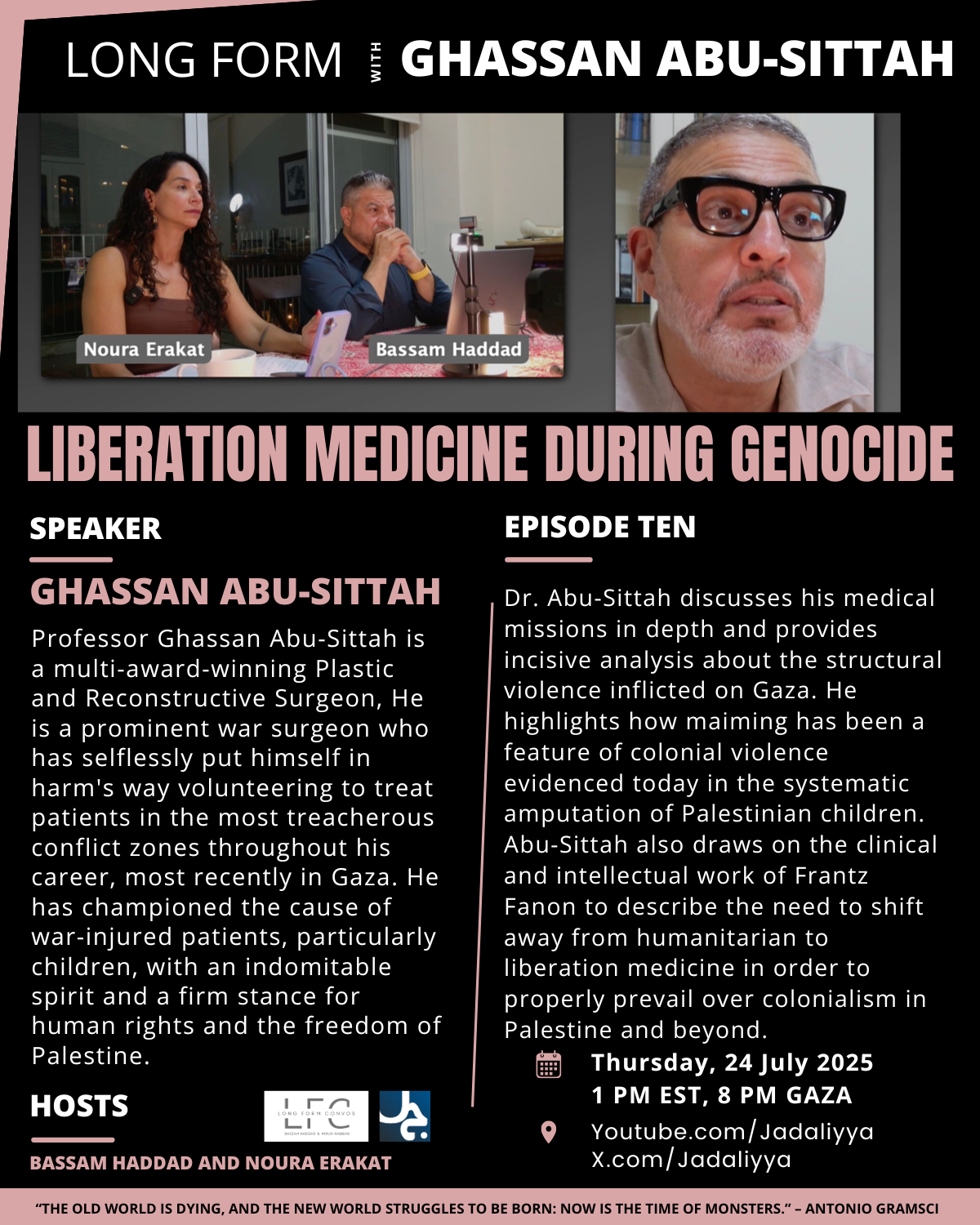
Featuring
Professor Ghassan Abu-Sittah is a multi-award-winning Plastic and Reconstructive Surgeon, He is a prominent war surgeon who has selflessly put himself in harm's way volunteering to treat patients in the most treacherous conflict zones throughout his career, most recently in Gaza. He has championed the cause of war-injured patients, particularly children, with an indomitable spirit and a firm stance for human rights and the freedom of Palestine.
Bassam Haddad is Founding Director of the Middle East and Islamic Studies Program and Associate Professor at the Schar School of Policy and Government at George Mason University. He is the author of Business Networks in Syria: The Political Economy of Authoritarian Resilience(Stanford University Press, 2011) and co-editor of A Critical Political Economy of the Middle East(Stanford University Press, 2021). Bassam is Co-Founder/Editor of Jadaliyya Ezine and Executive Director of the Arab Studies Institute. He serves as Founding Editor of the Arab Studies Journal and the Knowledge Production Project. He is co-producer/director of the award-winning documentary film, About Baghdad, and director of the acclaimed series Arabs and Terrorism. Bassam is Executive Producer of StatusPodcast Channel and Director of the Middle East Studies Pedagogy Initiative (MESPI). He received MESA's Jere L. Bacharach Service Award in 2017 for his service to the profession. Currently, Bassam is working on his second Syria book titled Understanding The Syrian Tragedy: Regime, Opposition, Outsiders (forthcoming, Stanford University Press).
Noura Erakat is a Professor of Africana Studies and the Program of Criminal Justice at Rutgers University, New Brunswick. Noura is the author of Justice for Some: Law and the Question of Palestine (Stanford University Press, 2019), which received the Palestine Book Award and the Bronze Medal for the Independent Publishers Book Award in Current Events/Foreign Affairs. She is co-founding editor of Jadaliyya and an editorial board member of the Journal of Palestine Studies as well as Human Geography. She is a co-founding board member of the DC Palestinian Film and Arts Festival. She has served as Legal Counsel for a Congressional Subcommittee in the US House of Representatives, as Legal Advocate for the Badil Resource Center for Palestinian Refugee and Residency Rights, and as national organizer of the US Campaign to End the Israeli Occupation. Noura has also produced video documentaries, including "Gaza In Context" and "Black Palestinian Solidarity.” Her writings have appeared in The Washington Post, The New York Times, the Los Angeles Review of Books, The Nation, Al Jazeera, and the Boston Review. She is a frequent commentator on CBS News, CNN, MSNBC, CBS, Fox News, the BBC, and NPR, among others. She completed non-resident fellowship of the Religious Literacy Project at Harvard Divinity School in 2021. In 2022, she was selected as a Freedom Fellow by the Marguerite Casey Foundation.
Gaza in Context Collaborative Project
Co-Organizers: Arab Studies Institute, Georgetown University’s Center for Contemporary Arab Studies, George Mason University’s Middle East and Islamic Studies Program, Rutgers Center for Middle Eastern Studies, Birzeit University Museum, Harvard’s Center for Middle Eastern Studies, Brown University’s Center for Middle East Studies, University of Chicago’s Center for Contemporary Theory, Brown University’s New Directions in Palestinian Studies, Georgetown University’s Center for Muslim-Christian Understanding, Simon Fraser University’s Centre for Comparative Muslim Studies, Georgetown University-Qatar, American University of Cairo’s Alternative Policy Studies, Middle East Studies Association’s Global Academy, University of Chicago’s Center for Middle Eastern Studies, CUNY’s Middle East and Middle Eastern American Center, University of Illinois Chicago’s Arab american cultural Center, George Mason University’s AbuSulayman’s Center for Global Islamic Studies, University of Illinois Chicago’s Critical Middle East Studies Working Group, George Washington University’s Institute for Middle East Studies, Columbia University’s Center for Palestine Studies, New York University’s Hagop Kevorkian Center for Near Eastern Studies
“The old world is dying, and the new world struggles to be born: now is the time of monsters.” – Antonio Gramsci
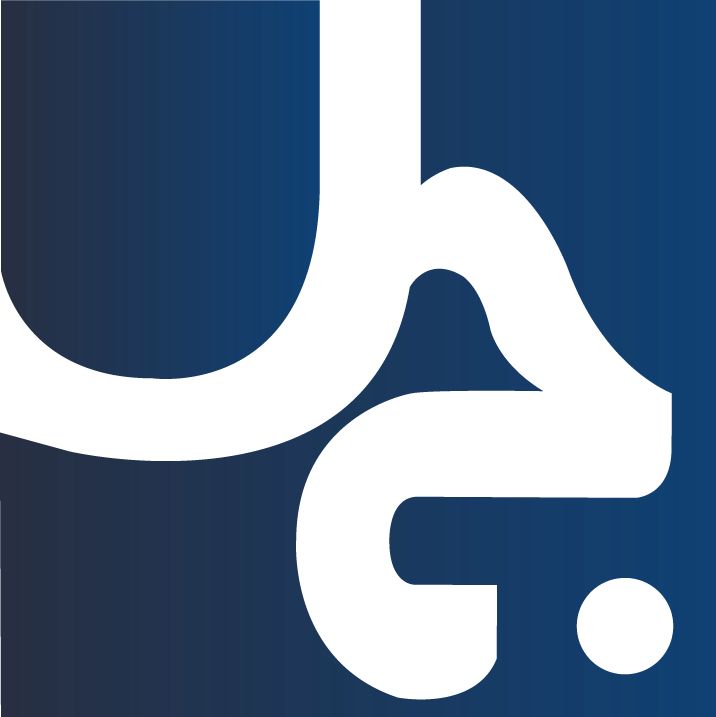
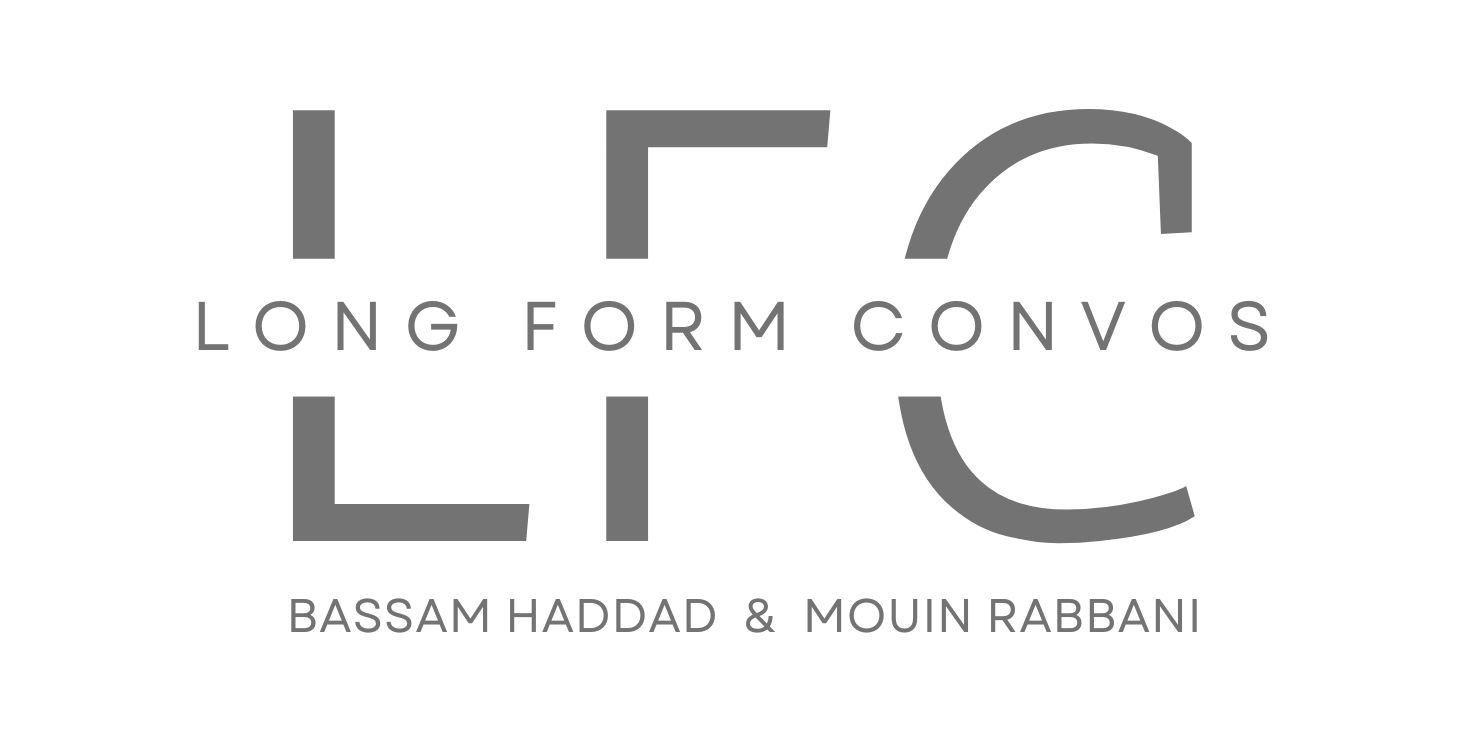
\\ LONG FORM CONVERSATIONS //
There can be little doubt we are living in a time of monsters. But is the global order that emerged after the horrors of the Second World War dying in a paroxysm of conflict and violence that are tearing its foundations apart? Or are as we experiencing yet another period of upheaval that will be absorbed and leave the world as we know it fundamentally intact?
Long Form consists of a series of lengthy discussions and conversations with leading thinkers, scholars, and activists that explores the most pressing issues of our day, sheds light on their context and dynamics, and in so doing seeks to explore the broader theme of challenges to the global order and how these might affect it.

